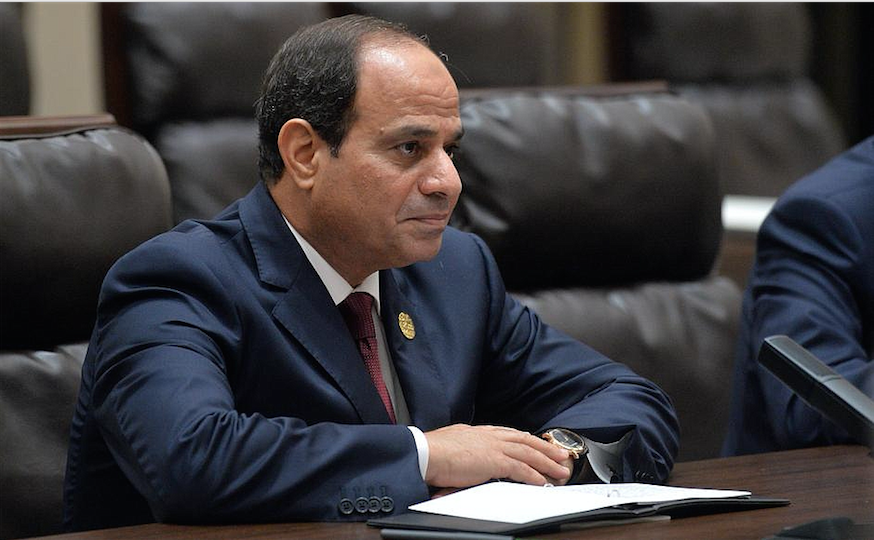

Algeria ranks first among countries in terms of oil exploration in Africa

Israel: The economic situation is deteriorating and the markets are granting it less favorable conditions

Egypt and China sign new agreements to consolidate the two countries' global strategic partnership

Libya sees its economic growth forecast lowered to 7.7% in 2024 compared to a previous estimate of 9.5%

Lebanon-Israel: What are the economic consequences of the conflict in Gaza for these two countries?
Réagissez à cet article